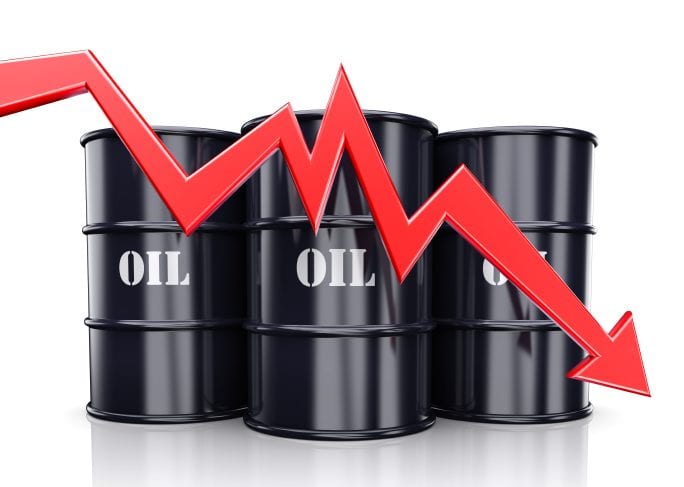(Reuters) – Oil prices lost ground on Thursday, falling from their highest levels in more than a month after U.S. fuel stockpiles surged amid declining demand.
The global benchmark Brent crude futures fell 63 cents, or 0.8%, to $80.17 a barrel, as of 0727 GMT. U.S. West Texas Intermediate (WTI) crude futures lost 58 cents, or 0.8%, to $77.27 a barrel.
U.S. crude oil stockpiles fell last week while gasoline inventories surged more than 10 million barrels, the biggest weekly build since April 2020, as supplies backed up at refineries due to reduced fuel demand.
“Implied product demand – particularly for gasoline – slumped, suggesting that the public were cautious about travel in the wake of surging cases of the Omicron variant,” Caroline Bain, chief commodities economist at Capital Economics said in a note.
“These fears are likely to persist for a few weeks yet.”
The United States reported nearly 1 million COVID-19 cases on Monday, setting a global record as the spread of the Omicron variant showed no signs of slowing, while heavy snow also disrupted traffic.
As well, minutes from a U.S. Federal Reserve meeting that showed policymakers may raise rates more quickly than markets anticipated weighed on riskier assets such as oil.
On Wednesday, Brent and WTI futures climbed to their highest since late November as a decision by OPEC+ to increase supplies signalled easing concern of a big surplus in the first quarter.
OPEC+, a group that includes members of the Organization of the Petroleum Exporting Countries, Russia and other producers, agreed on Tuesday to add another 400,000 barrels per day (bpd) of supply in February, as it has done each month since August.
“Our reference case now assumes the alliance will fully phase out the remaining 2.96 million bpd of oil production cuts by September 2022,” JP Morgan analysts said in a note.
“With signs of demand withstanding the Omicron variant, low stocks and increasing market vulnerability to supply disruptions, we see the need for more OPEC+ barrels,” the bank said. JP Morgan forecast Brent prices to average at $88 a barrel in 2022, up from $70 last year.
Meanwhile, TC Energy’s 590,000-bpd Keystone oil pipeline resumed operations on Wednesday after a 1-day shutdown, the company said, as parts of western Canada grappled with frigid winter weather.



